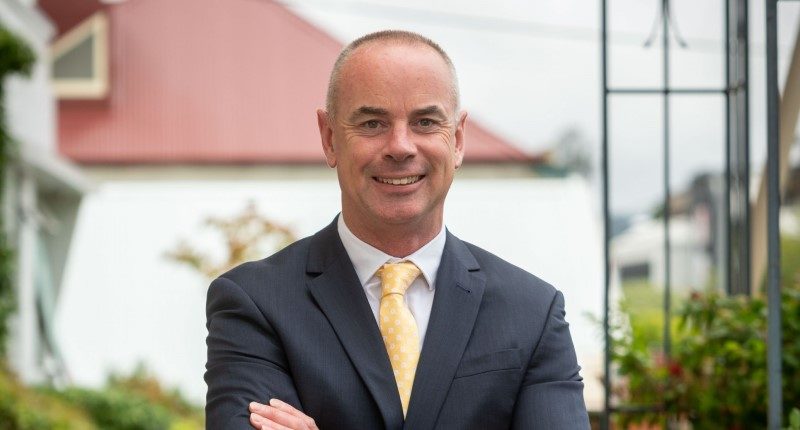- 2021 Intergenerational Report caught headlines for the wrong reasons, said REIA's Adrian Kelly
- Mr Kelly says there needs to be a national conversation on wholesale tax reform
- Mr Kelly cited reports to back his claim of moving towards a simple and fair land tax system
The recent (and fifth) Intergenerational Report released from the Treasury is an important paper that captures an outlook for the economy and budget over the next 40 years. And as expected, it caught all the media headlines – but for all the wrong reasons, according to President of the Real Estate Institute of Australia (REIA), Adrian Kelly.
ABC News and The Conversation focussed on its predictions of declining population, aged care reforms and lower life expectancies. Meanwhile, the Financial Review touched on how automation will play a bigger role in productivity growth.
However, Mr Kelly said what all of this missed was where a post-Covid world takes us. There should be a greater focus on tax reform in the conversation, according to Mr Kelly, particularly property taxes.
“Sales and rentals are our bread and butter, and there was nothing in the headlines that painted a promising picture for our home buyers and tenants. It is however welcome that labour participation is at record levels, and looks promising for women’s economic participation.”
Mr Kelly criticised the lack of conversation on tax reform underlying the projections of an aging population and higher debt.
“It’s not quite death and taxes but just about – housing and taxes. The year 2000 gave us the GST which promised to get rid of inefficient state taxes. It did not and two decades on it is time [this] was addressed.”
Mr Kelly cited the 2009 Henry Review, which he said provided a framework for a more simple and fair land tax system that taxed all players equally.
There was also the more recent 2020 NSW Review of Federal Financial Relations: Supporting the road to recovery draft report which echoed similar ideas, but despite this the conversation was put in the “too hard basket”.
“Once more we find ourselves with a mish-mash approach to property taxation, with state and territories doing it alone.”
Mr Kelly also took the familiar opportunity to criticise stamp duty.
“Four of the recent State Budgets plan on taxing homeowners and investors more than $34.9 billion in the next financial year alone. Stamp duties now add an additional 4% on the cost of a home across Australia. There is a substantial win for housing affordability and hip pocket cost right there.”
“What the intergenerational report projections show us is that it is time for a national conversation to being in earnest about wholesale tax reform. Or at the very least – a fairer taxation system that is less punitive on aspiring homeowners and tenants living in private rentals,” Mr Kelly concluded.








